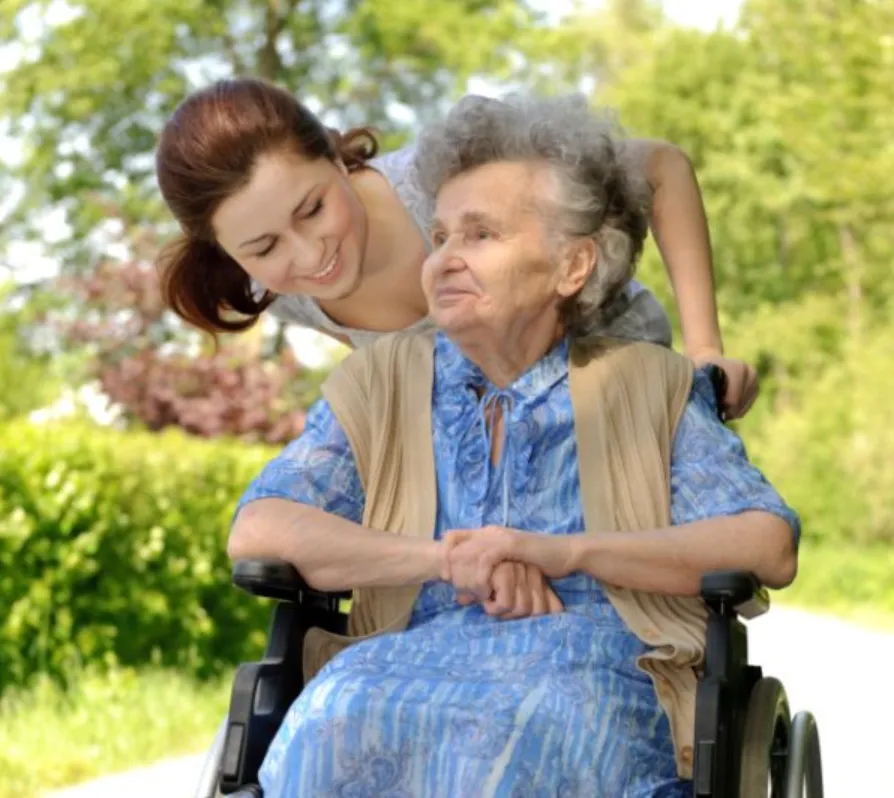As grandparents age, they often need more assistance and support from their families. Supporting an aging grandparent involves more than just addressing their physical needs; it also includes nurturing their emotional, social, and mental well-being. Here are practical ways to support your grandparent as they navigate the later stages of their life.
- Understand Their Needs
Begin by assessing your grandparent’s needs. Are there specific health issues they are facing? What are their daily challenges? Understanding these needs helps in providing targeted support that respects their independence and preferences. You may consider a professional assessment if you are unsure about their health or cognitive functions. This will guide you in making informed decisions about their care. If their health has deteriorated enough that they need long-term care, then look into their options with them. Great Oaks is one of the best care homes in Bournemouth and a good example of what you should be looking for.
- Regular Communication
Keep in regular contact with your grandparent. Visits, phone calls, and video chats can make a significant difference in their overall happiness and prevent feelings of isolation and loneliness. Regular communication also allows you to monitor any changes in their health and well-being more effectively.
- Foster Independence
Encourage your grandparent to maintain as much independence as possible. This could involve modifying their home to be more age-friendly, such as installing grab bars in the bathroom, ensuring good lighting, and removing fall hazards. Technologies like emergency alert systems and home monitoring can help them remain safe while giving them freedom.
- Help with Healthcare Management
Managing healthcare can become overwhelming for seniors. You can support your grandparent by accompanying them to doctor’s appointments, managing medication schedules, or setting up a system to ensure they take their medications on time. Understanding their health conditions and treatment plans can also enable you to advocate for their needs effectively.
- Engage in Activities Together
Spend quality time doing activities you both enjoy. This could range from simple walks in the park, gardening, attending a concert, or sharing meals. Activities should be tailored to their interests and physical capabilities but should aim to provide stimulation and joy.
- Educate Yourself on Senior Issues
Educate yourself about the aging process, common health issues in seniors, and ways to provide appropriate support. Understanding these aspects can make you more empathetic and patient as you assist with their daily needs.
- Provide Emotional Support
Be an active listener and allow your grandparent to express their feelings and concerns. The aging process can bring about changes in their lifestyle, mobility, and independence, which can be difficult to cope with emotionally. Offering a supportive presence can help them feel valued and understood.
- Explore Community Resources
Look into local community resources that cater to older people. Many communities offer senior-centric programs like social clubs, exercise classes, and day trips that can keep your grandparent engaged and socially connected.
- Legal and Financial Planning
Help your grandparent manage their financial affairs by ensuring that all their documents are in order, such as wills, insurance policies, and power of attorney. This planning helps avoid complications and ensures their wishes are respected.
- Take Care of Yourself
Finally, taking care of an aging grandparent can be emotionally and physically demanding. Ensure you are also taking time to care for your own health and well-being. Seek support when needed and consider joining a support group for caregivers to share experiences and advice.
Supporting your grandparent as they age is a compassionate journey that enhances their quality of life and deepens the familial bond. By being proactive and attentive, you can make their golden years more comfortable and fulfilling.









